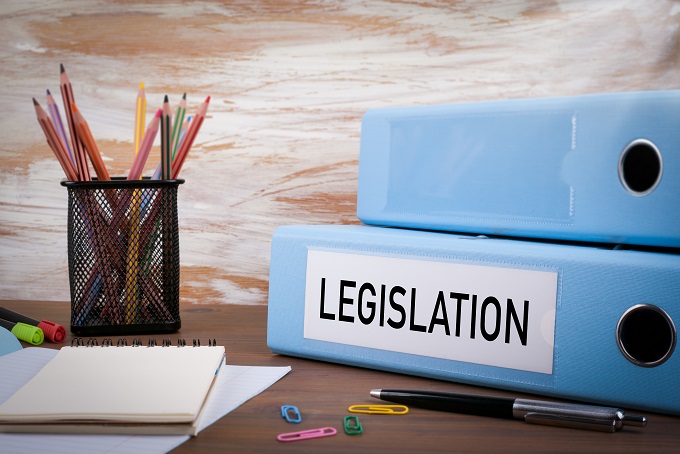
‘Today we celebrate that another unwelcome policy will be removed from legislation,’ said Whetu Cormick, President of the New Zealand Principals’ Federation (NZPF).
‘Communities of On-Line Learners (COOLS) were proposed by the previous Government, and eventually enshrined in legislation,’ said Cormick.
‘The Federation was not supportive of the initiative, mainly because it said it opened the door to private providers of on-line schooling in New Zealand, and undermined quality public education.’
The intention of the legislation was to provide more online learning options, increase opportunities for accessing more academic subjects, provide competition for Te Kura’s (Correspondence School) online provision and enable private providers to deliver some or all of a student’s education.
COOLS, like charter schools, would not be required to teach to any particular curricula and could use non-registered teachers.
“One of our major concerns about COOLS was that young people learn best when they have a professional qualified teacher and are surrounded by peers who are interacting with them,” said Cormick.
“Our young people need a holistic approach to their learning and COOLS could never achieve that,” he said.
Education Minister Chris Hipkins said: “One of the key things we are looking to do is get rid of the deeply unpopular provision to provide for the establishment of communities of online learning – the so-called COOL.”
Under a 2017 amendment to the Education Act 1989, which is not due to come into effect until 31 December 2019, any school, tertiary institution, or private entity can apply to become a COOL.
“This Government is committed to delivering high quality online learning for all students. But the previous Government ploughed ahead with the legislation for online providers despite experts and education professionals raising a number of concerns.
“We are proposing to do away with a policy that enables private entities to become accredited as COOL and make a profit out of it. These COOL also aren’t required to employ registered teachers or teach the national curricula. That doesn’t line up with this Government’s vision of a high quality public education system.
“Sitting on the select committee that considered this legislation, I also heard significant concerns that gave even National MPs pause that kids with additional learning needs may be shuffled away from schools and into COOL even if it’s not the best option for them.
“Decisions about the future of online learning shouldn’t be made in isolation. I want new provisions around distance learning opportunities to be considered within broader strategic discussions with the sector around modernising the education system,” Chris Hipkins says.
Aside from repealing the start-up of COOL, the Ministry of Education is seeking the public and educators’ views on a number of other issues including:
• protecting the public interest in Education Council decision making
• establishing a College of Educational Leadership
• making student welfare a registration criteria for private schools
• ensuring appropriate safety and police vetting requirements
• reinstating a skills leadership role for industry training organisations









